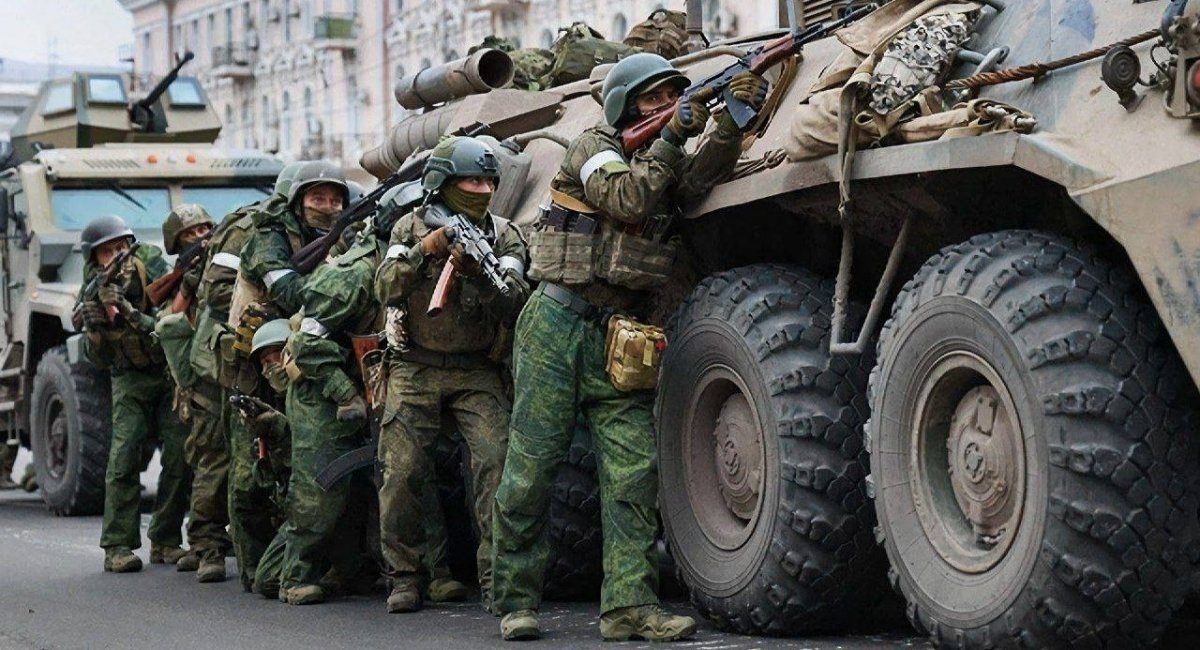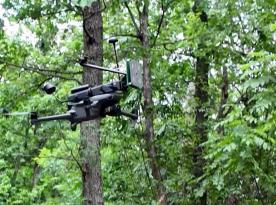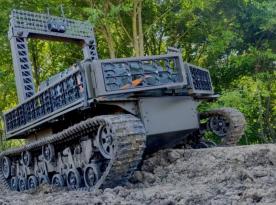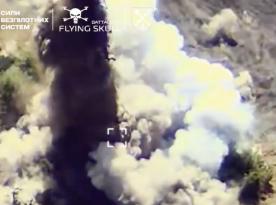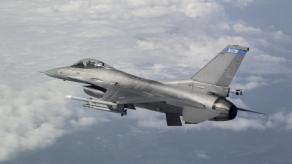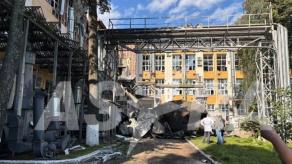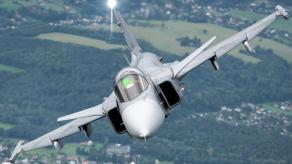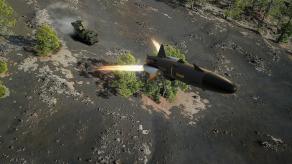Between the announcement by Wagner PMC chief Yevgeny Prigozhin in which he declared a rebellious march aiming to reach Moscow and himself calling the entire show off under the pretext he "doesn't want for blood to be shed by any side" and saying his forces "turn around back towards the field camps".
There are reports suggesting that belarusian governor Lukashenko played a prominent role as an intermediary, he persuaded Prigozhin to stop his moving to russia's capital and guaranteed security for the "Wagner" rebels.
Read more: While russia Was in Turmoil, Ukrainian Forces Advanced Near Bakhmut and Took an Important Lodgement
Before we jump into conclusions, here's a brief chronological overview: at around 21:00 local time on June 23, Prigozhin claims a strike from the russian side was done on rear camps on Wagner Group mercenaries and declares a "march of justice." His first objective was to seize the headquarters of the Eastern Military District in Rostov-on-Don where allegedly defense minister Shoigu and the Chief of General Staff Gerasimov were residing at the moment. The "Wagnerites" gained control of the city by the morning of June 24 but managed to capture neither of the top officials they wanted.
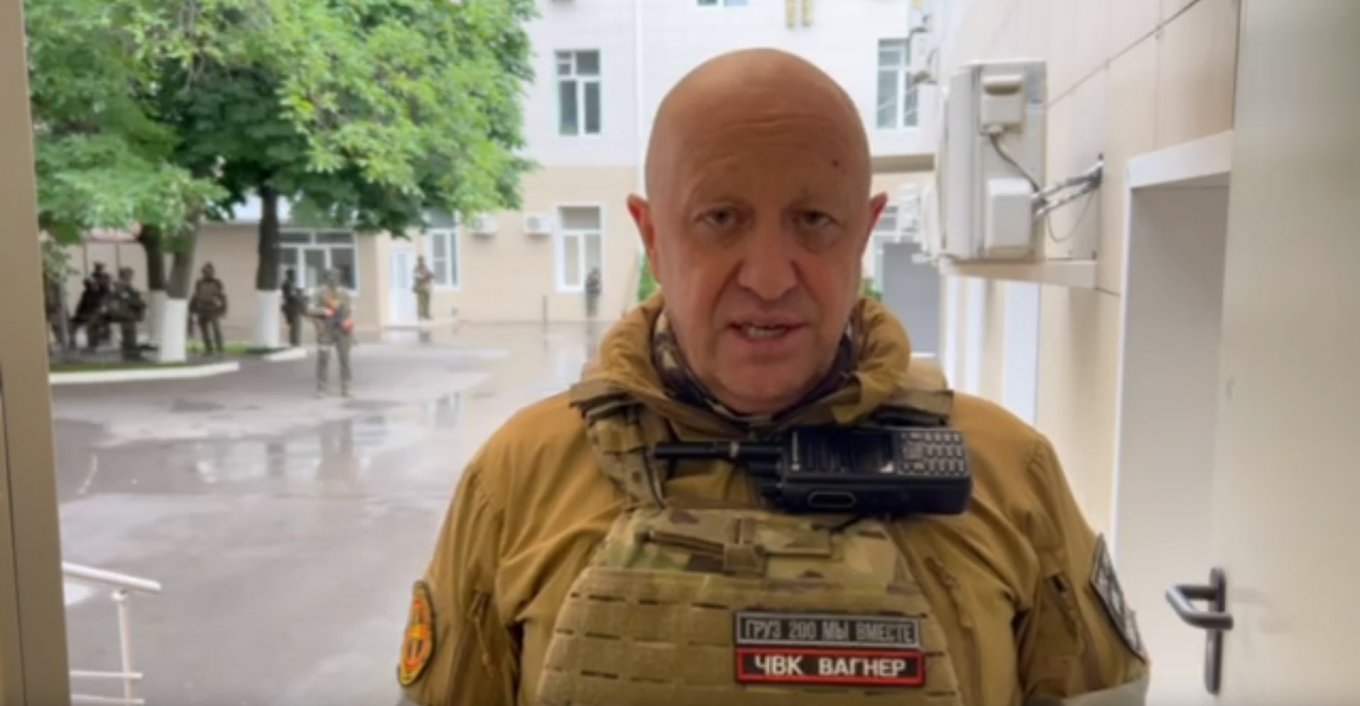
Then, the march continued toward Moscow while the capital was preparing defense lines, the first line was made 100 km from the city along the Oka River. Over the day, Prigozhin's forces were gradually approaching the city until their leader turned the columns around approximately 200 km before Moscow.
But most important is what he was expecting over these hours to happen, and in that regard, we have two possible options:
Prigozhin's coup relied on Putin being killed
Success of any coup always depends on elimination of the current ruler. It is logical to assume the plan included assassination of russian president Vladimir Putin but it wasn't done. The general plot relied on direct support from Moscow's army generals and FSB. A classical solution would also be to blame Shoigu and Gerasimov for killing Putin, it would instantly solve multiple troublesome issues.
However, the closest to Prigozhin general Surovikin and first deputy chief of general staff Alekseev both made video statements calling for Wagner's forces to stop almost from the start, apparently even on the same camera from the same chair.
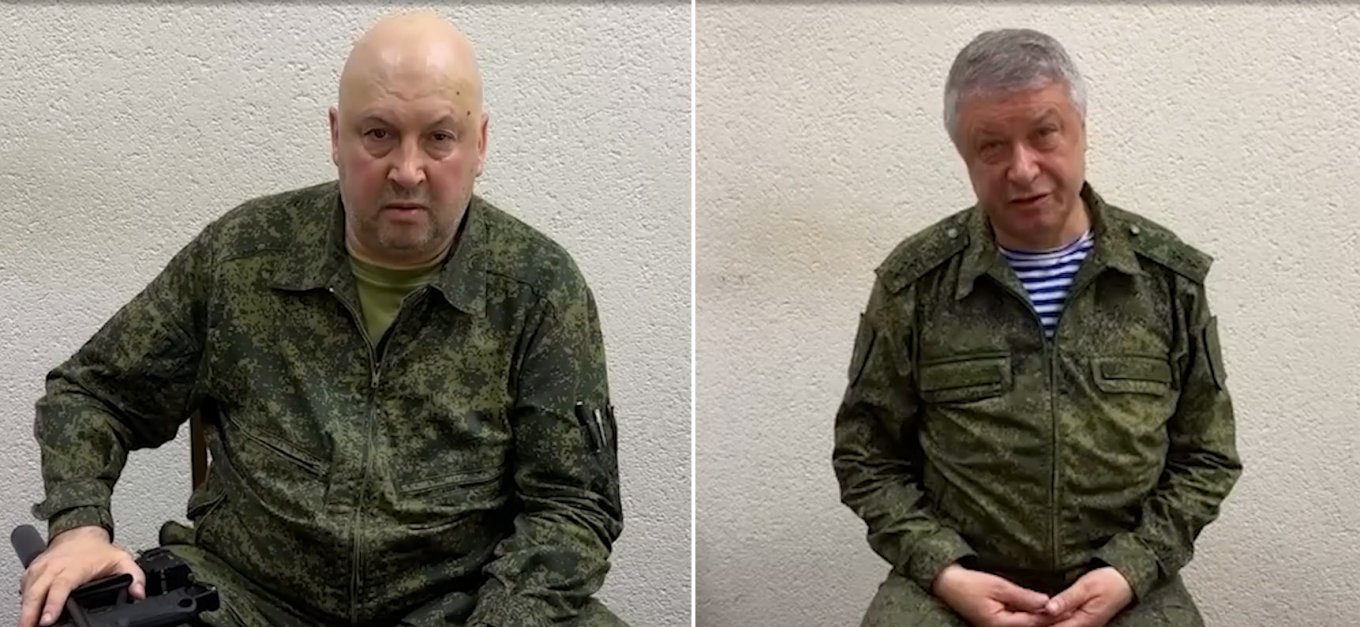
Theoretical ally in Prigozhin's gamble, Chechen forces leader Ramzan Kadyrov displayed quite a strange behavior: he kept silent all the way until Vladimir Putin's speech at 10:00 in the morning of June.
Right after, the governor of Chechnya condemned the coup in a dramatic manner and promised to dispatch his forces to suppress the rebels. Although having taken light machinery and a few BTR-82 armored vehicles, they definitely took their time to get to Rostov, allegedly for clashing against Wagner's tanks in a captured city.
In this situation, when Putin is alive and maintains control over all available services and forces, from the military perspective, an assault on Moscow by the Wagnerites was doomed because they only had as much ammunition as they brought with the columns. Even if, in theory, the rebels managed to break into the Kremlin, they were unlikely to seize effective control over the country.
For that reason, the turnaround from Prigozhin is quite reasonable. The coup failed because Putin remained alive and the potential accomplices didn't support the rebels.
Prigozhin's coup as a staged performance
At the same time, there is a widely discussed opinion that the entire campaign was just a plotted deceit. OSINT experts at InformNapalm suggest that there was no coup but simply a performance aimed "to create a false impression to the Ukrainian Armed Forces that this was exactly the right moment for a large-scale counteroffensive." A side effect was that all this show became a litmus test for all unloyal elements in the system and helped purge all the real rebels.
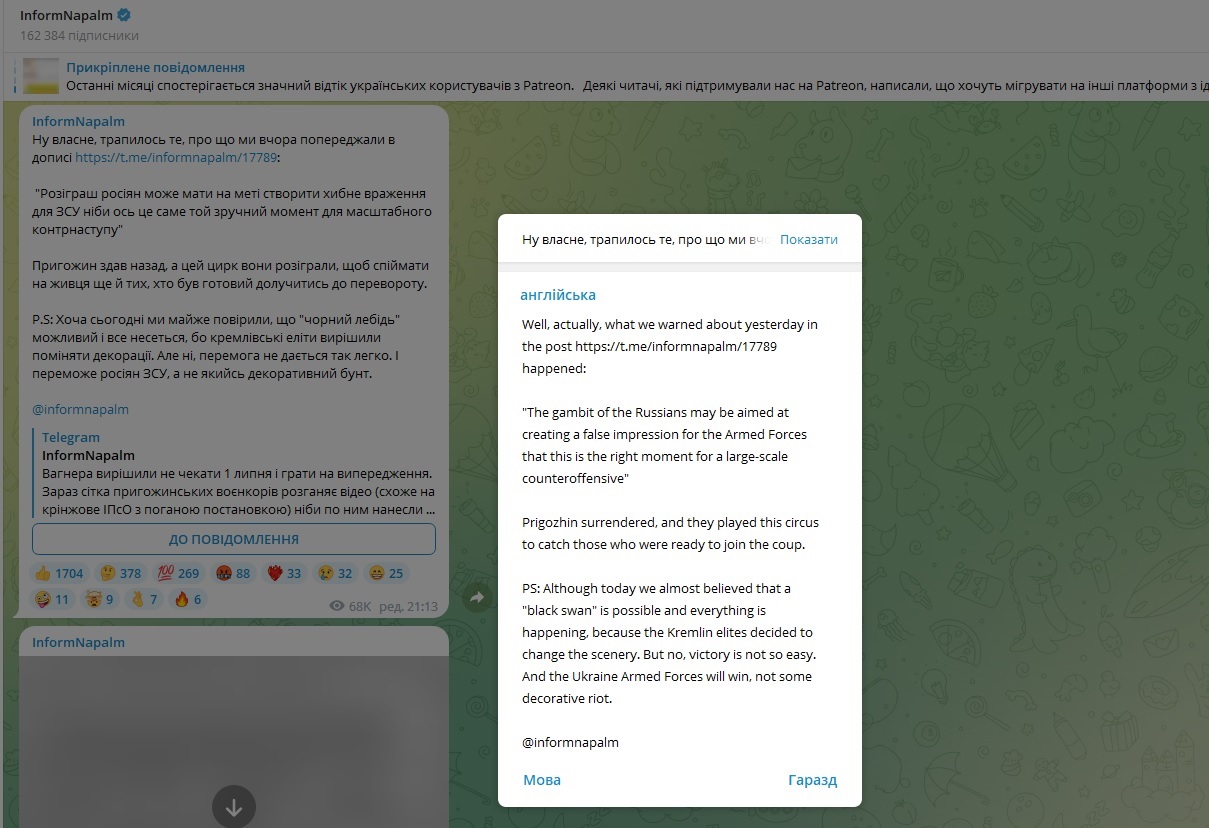
To achieve this, the loss of a few helicopters and an aircraft is not a big deal after all, as well as reputation losses. The difference between the regular Putin's intolerance toward terrorists, traitors – and his amnesty issued for Prigozhin, even if in words alone, was definitely huge but maybe worth enough given the tendencies inside russia.
Furthermore, there always remains an option to step up and say it was a large-scale multistage special operation aimed to detect the real traitors who had been waiting for an opportunity. this scenario, by the way, allows Putin to start a "witch hunt" against all ennemi du peuple of infinite scale judging by one simple trait – who kept silent during the "coup." It will even find support among russians who suddenly felt like it was 1917. Especially since all this performance allowed the masses to imagine the "russia without Putin" picture vividly.
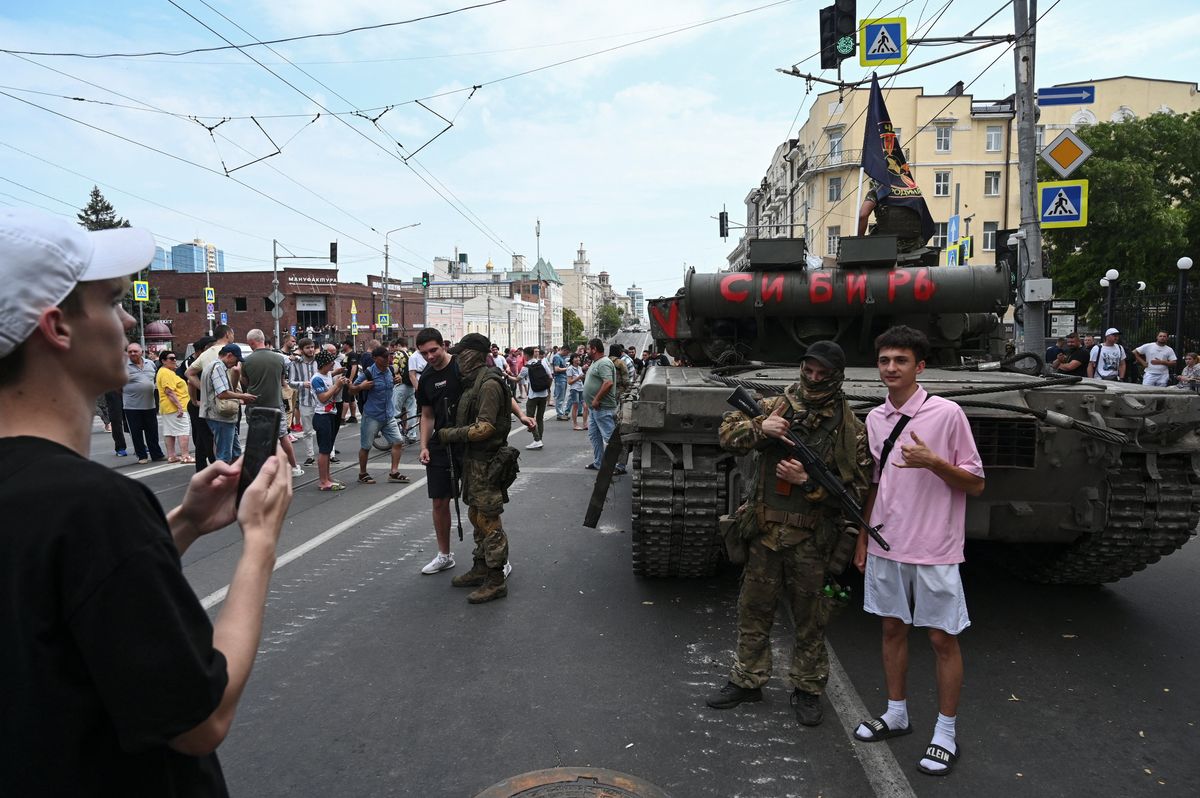
What comes next after Prigozhin's coup
During their march on Moscow, Wagner Group forces took down approximately 6 helicopters and one aircraft thus killing 13 pilots. Aviation of the regular russian army launched strikes against fuel depots, dropped bombs on highways, the road surface was ruined by excavators, checkpoints were set up in an attempt to hinder the rebels' advance. Armored vehicles moved around Moscow and other russian cities, which does not line up with the definition of stability in the country.
If the coup was real, it meant Prigozhin encroached on the entire authority system in russia and went against the Kremlin. The latter might have promised him an amnesty but it's hard to imagine such a traitor to be left alive. And Prigozhin himself understands this, too. However, in this situation he indeed can only grasp onto promises and buy some time, for example, to try and negotiate his life in exchange for a few storage facilities with nuclear weapons he could capture with available forces.
In the case of and big staged performance, Prigozhin's fate is also not very secure at this point but at least explains his readiness to "go back to camps" or relocate to belarus. Although, in any scenario, the Kremlin now can start getting rid of all unreliable people in its surroundings because if he has to perform such stunts to keep themselves in power, it means Putin must be in a real predicament.
Read more: What did the Kadyrovites Took to Fight Against Wagner PMC in Rostov-on-Don With




